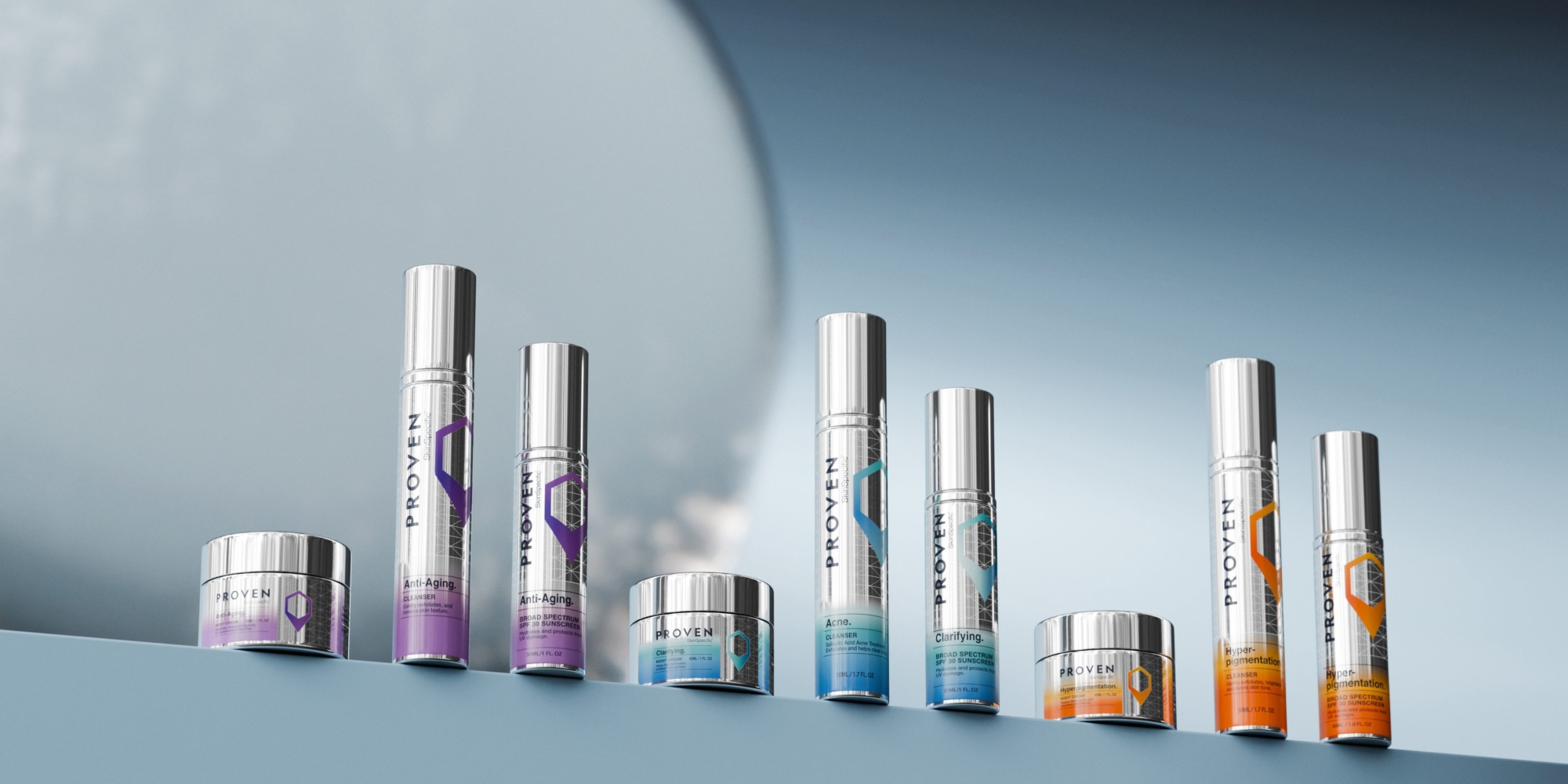
Proven Expands Beyond Customization And Launches On Amazon With SkinSpecific Line
Proven, the skincare brand leveraging tens of millions of data points and an artificial intelligence-powered algorithm to personalize skincare, is launching its first non-personalized skincare line, SkinSpecific, to make its Amazon debut.
The line is tackling three skincare concerns Proven has identified as consumers’ top concerns—anti-aging, acne and hyperpigmentation—with three systems each comprised of three products (cleanser, night cream and sunscreen) priced at $119.99. The products, which feature ingredients such as retinoids, niacinamide, glycerin, azelaic acid, mandelic acid, tranexamic acid and arbutin, will be available for purchase individually and through Proven’s direct-to-consumer website either later in the third quarter or early fourth quarter. By the end of the year, the brand expects to extend SkinSpecific to another concern.
“We were really specifically targeting what ingredients we’re really going to deliver on the need state that we’ve identified,” says Diane Minar, research and development lead for Proven. “It’s really multifaceted, which is what the Proven brand is all about, and we really wanted to bring that to SkinSpecific by trying to give a multifaceted approach to those single concerns.”
The line is informed by surveys of 500 American women Proven conducted that showed 39% only have one primary top skincare concern. In a survey of 100 American women, anti-aging was far and away the leading concern, at 76%, with acne and hyperpigmentation being mentioned about a third of the time.
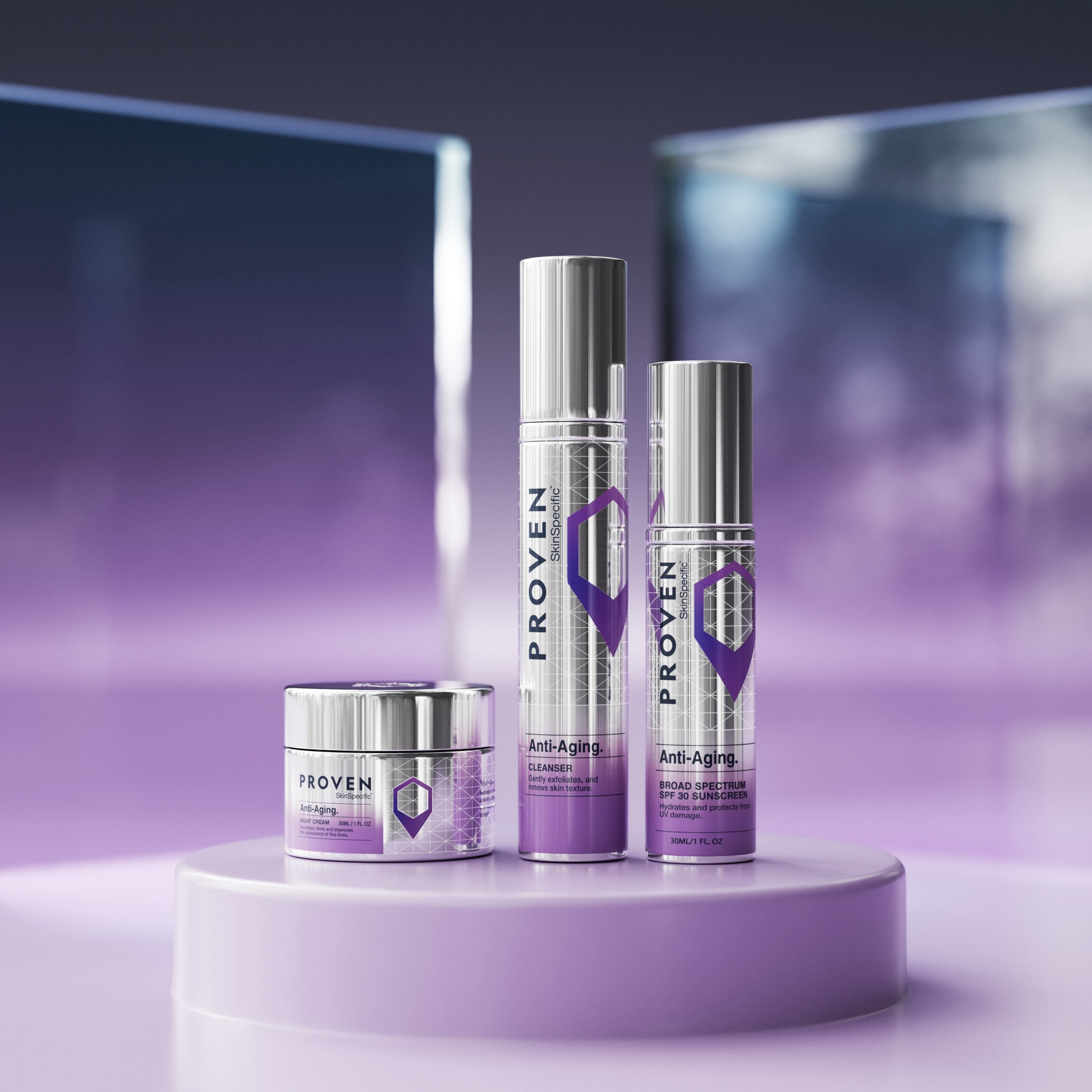
It was also informed by the brand’s Skin Health Index, which it describes as the world’s largest skincare database with analyses of over 20,000 ingredients, 28 million customer reviews, 4,000 scientific papers and 100,000 skincare products. SkinSpecific is directed primarily at women over 25 years old.
“You walk into the skincare aisle, and it’s incredibly complicated to know which product is for anti-aging, for acne or for hyperpigmentation or brightening because a lot of the universe of skincare is overmarketed and overcomplicated,” says Ashley Boyce, CMO of Proven. “We really wanted to bring a renewed sense of simplicity to skincare with these ranges, focusing on top concerns so people can self-select the products they need based on what they know about their own skin.”
The three-product system has been a mainstay for Proven’s customization line called Proven Pro, and most of its customers purchase a cleanser, night moisturizer and SPF day moisturizer system at a discount. Similar to SkinSpecific, the system lasts about two to four months. Most customers subscribe to receive Proven Pro products every two to four months. Through SkinSpecific, Proven believes it can draw people into the customization experience.
“We’re the only company that has patented progression, meaning our algorithm knows how long you’ve been on the products, it knows all the information you’ve given on the quiz, and it actually decides in the background when your formulas need to change,” says Boyce. “There are some people who will use the SkinSpecific line and won’t necessarily benefit from changing until something in their life changes, but ultimately the goal will be to bring people in on Proven…Our marketing from a lifecycle perspective will be focused on trying to identify the people who will benefit the most from personalization.”
“For retail, people really want to walk out with something.”
While Proven has never sold on Amazon before, Noteworthy, a fragrance brand in its parent company Proven Group’s portfolio, landed on Amazon in November. Under the stewardship of Mike Heiny, the senior director of e-commerce at Proven Group who’s previously held e-commerce roles at Packed Party, SpoonfulONE and Bulletproof 360, it’s demonstrated early traction.
Already, Proven is being searched for on Amazon, and the arrival of SkinSpecific to the giant e-tailer will position the company to satisfy existing demand. It’s tapping the expertise of Opportunities Inc., a nonprofit dedicated to employment for people with disabilities, for Amazon packaging, fulfillment and warehouse management.
To spread the word of SkinSpecific and its Amazon presence, Proven is seeding the products to roughly 100 Amazon-oriented content creators. It’s zeroing in on creators discussing the concerns SkinSpecific’s products address, and mothers, nurses, doctors and people in other professions who work long hours and don’t have lots of discretionary time for lengthy skincare routines, but seek results.
Among Proven’s main objectives with SkinSpecific are to establish omnichannel distribution and attract new customers. For the full year ended Dec. 31, 2024, Proven Group’s sales decreased 5.5% to almost $35 million, a drop it attributes to a decline in the number of new customers for Proven. Its gross profit was about $26.3 million in 2024 versus nearly $28.7 million in 2023, but its net losses narrowed to $6.4 million in 2024 from $9.5 million in 2023.
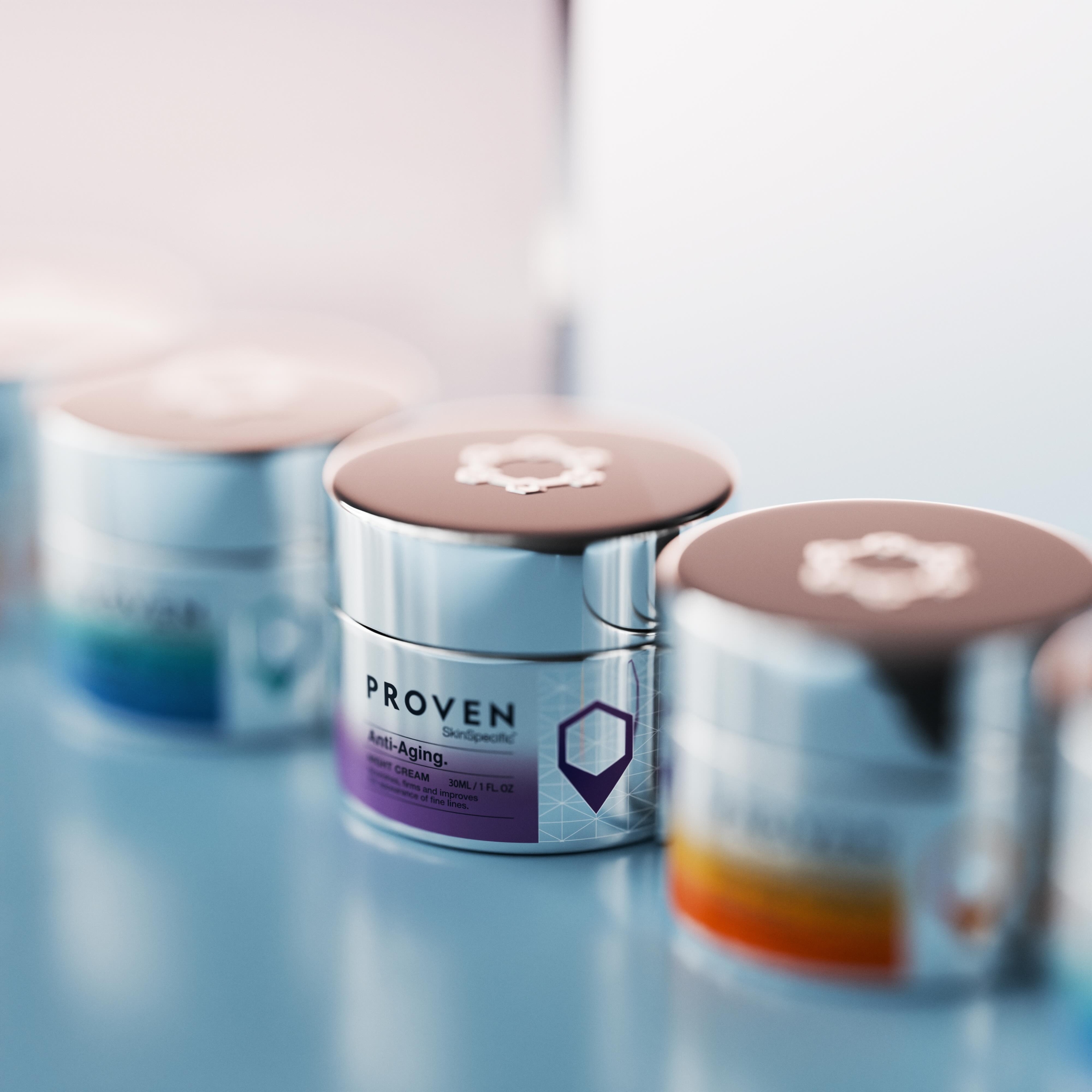
Proven declined to share exact sales projections for SkinSpecific. However, Boyce says it will be a “significant part of Proven’s business because it’s just a frictionless, easy way to get skincare that will work.”
Proven was in the Sephora mentorship program Accelerate’s 2018 class and had a short-lived retail partnership with the chain online in 2023 and 2024. It was available via the chain’s e-commerce platform and in 10 of its stores, where shoppers could take its online quiz for customized skincare. SkinSpecific is better suited to retail than the full customization proposition, according to Boyce, who emphasized Sephora was a “fantastic partner.”
“For retail, people really want to walk out with something. They want to be able to touch and feel, and when you think about personalization, that’s really hard to translate not only for brands, but for any retailer to bring in store,” she says. “People don’t necessarily want to spend a ton of time when they’re shopping, answering 30 questions and giving the amount of information you need to create a personalized experience.”
Customization brands born in the 2010s—Proven launched in 2019, Function of Beauty in 2015 and Prose in 2017—are navigating their places amid AI’s ascendance. On Monday, Function of Beauty announced Monica Belsito, former CMO of Sabra Dipping Company and Lola, will replace former L’Oréal executive Alexandra Papazian as CEO. As Proven looks to build on customization, Boyce foresees interactions between consumers and brands evolving rather than AI radically transforming beauty merchandise.
“If you think about someone coming to your site or store who has hyper-specific concerns and wants to ask hyper-specific questions, you’ve got these incredible AI agents who can respond and act as really strong product recommenders and help answer things that might stop people from purchasing,” she says. “So, I really think that’ll be the next level.”


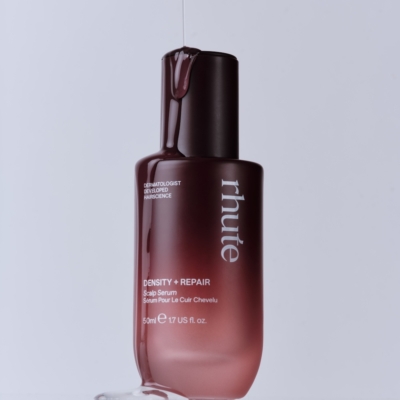
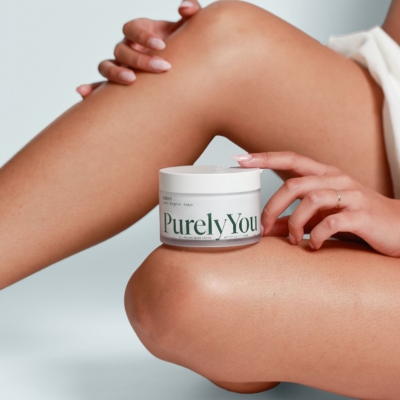
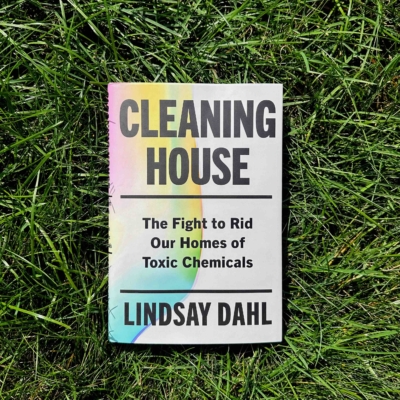
Leave a Reply
You must be logged in to post a comment.